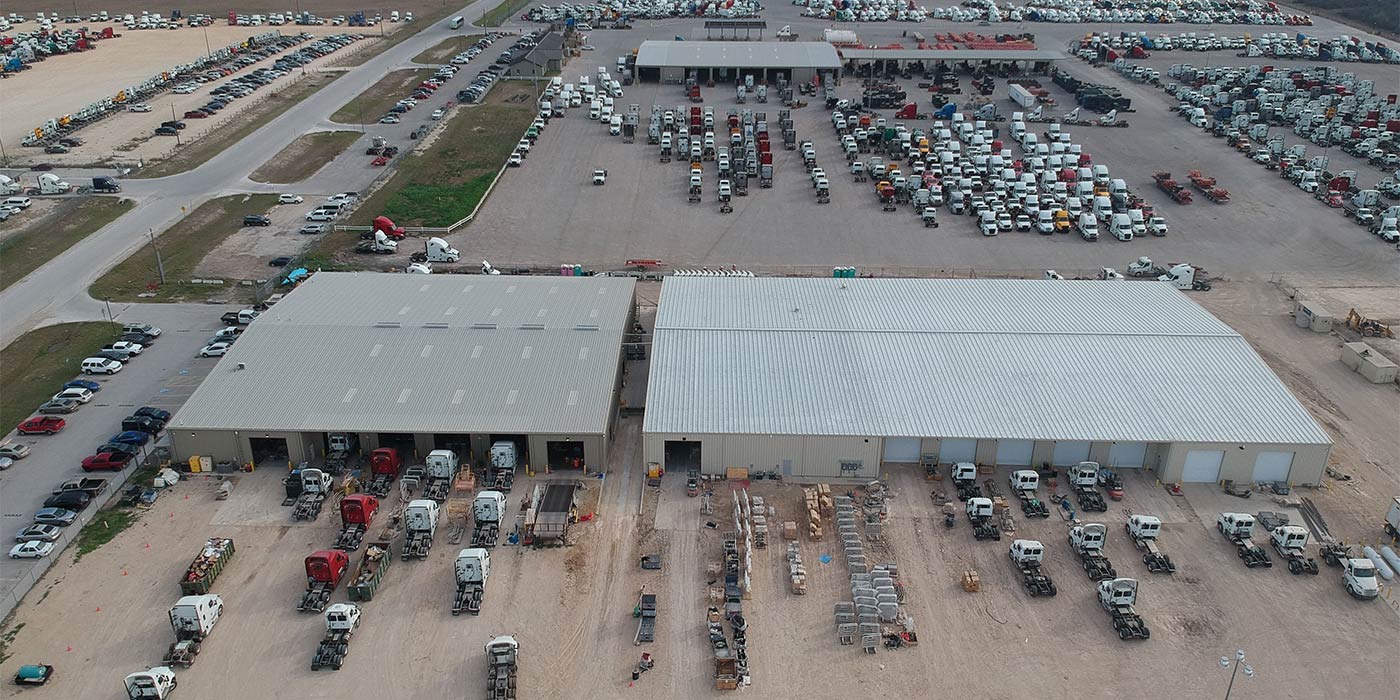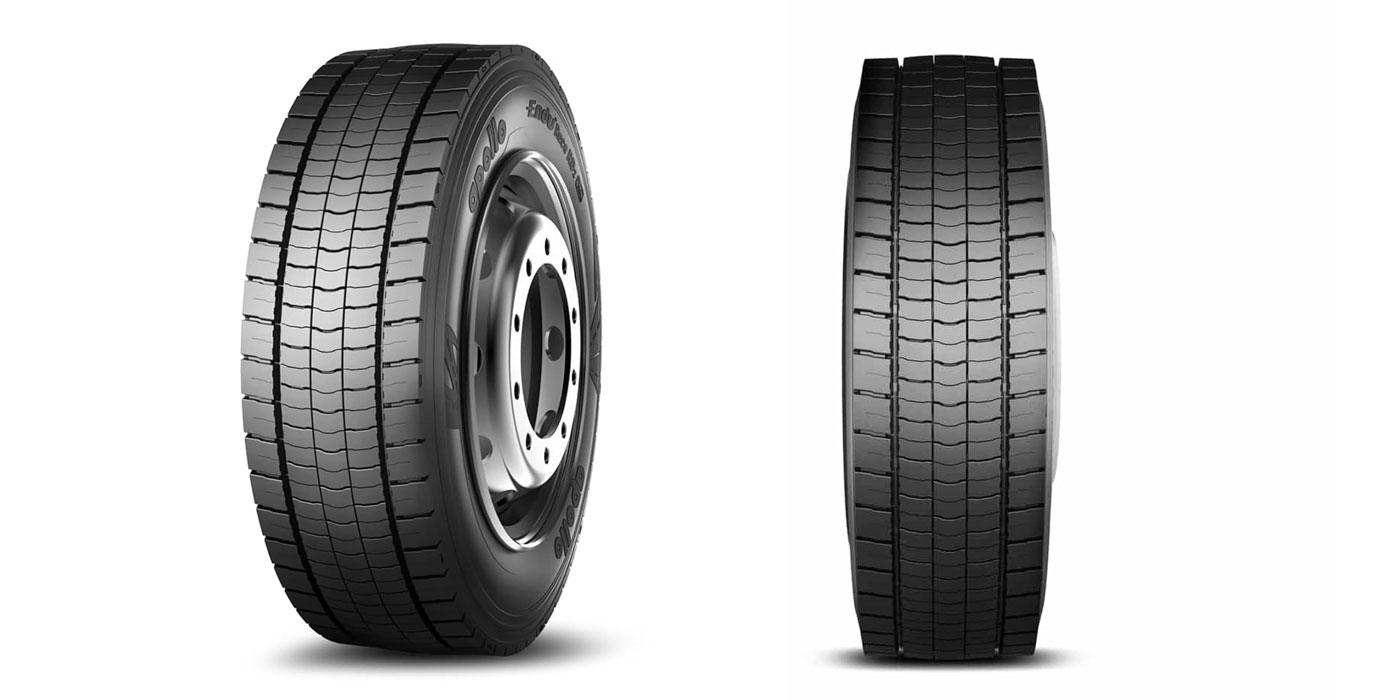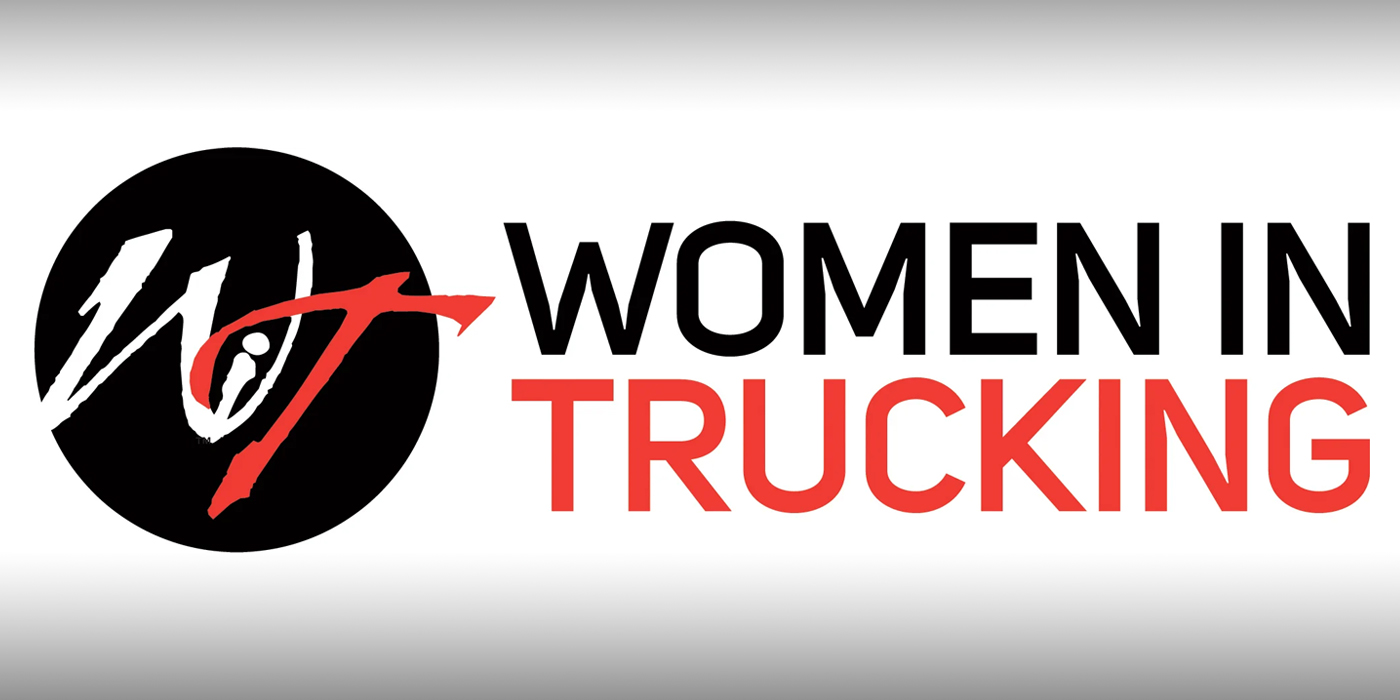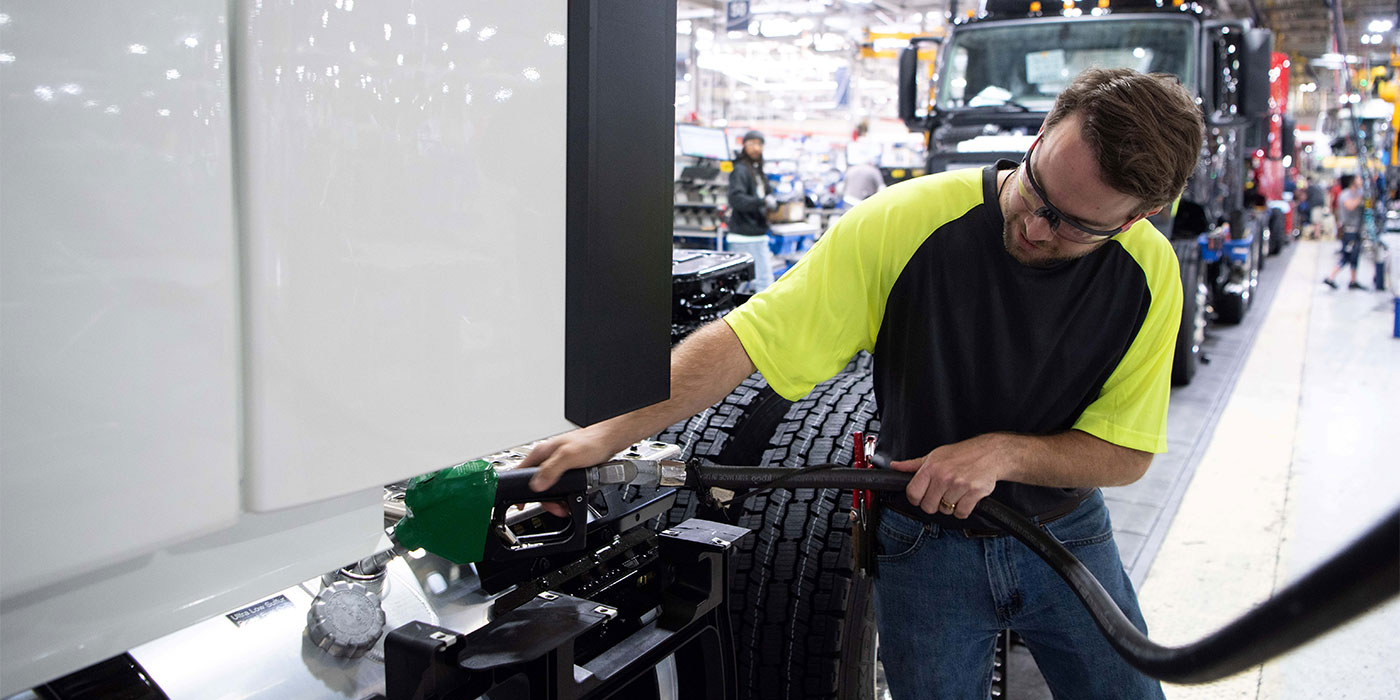There is no good time for loose truck wheels; never was, don’t expect there will be. Modern hub-piloted wheel attachment systems have simplified fastener inventories and have extended the durability of wheels, lug studs, nuts and other attachment hardware. Because the majority of over-the-road wheel end systems are now hub-piloted systems I will focus on them. Many of the following points also apply to earlier stud-piloted double cap nut systems, but it is recommended that users seek specific installation and maintenance guidelines.
The first step in avoiding loose wheels is to tighten them properly on initial installation. Using correct fastener types from quality suppliers is mandatory. Industry engineers recommend using a 3/4-in. impact wrench for running the lug nuts snug, then using a calibrated torque wrench for final tightening to the specified setting (450-500 ft.-lb. for the popularM22X1.5 two-piece flange nut used on most Class 8 hub-piloted wheels). Impact wrenches are helpful to save time in removing wheels, as well as for snugging lug nuts when installing, but should NOT be used for final tightening.Variables in supply air systems, contamination from moisture or oil in supply lines, individual tool differences, maintenance and wear of internal components are just some of the issues that make these devices difficult or impossible to torque calibrate reliably.
Another concern is the use of large 1-in. impacts, which also have the ability to over-torque nuts when fastening, resulting in a stretched stud that exceeds the material yield point, risking torque (and clamping force)degradation over time. Bottom line: excessive initial torque can lead to too little torque over time. Calibrated torque wrenches are the industry recommended and optimum wheel tightening tools.
A variety of other conditions can also affect wheel torque retention. A common procedure is to refinish steel wheels, usually when tires are dismounted for retreading or replacement. Excessive paint thickness on the flat mating surfaces can cause torque loss as the wheels heat cycle and reduce the paint film thickness. This condition has been traced to wheel-offs, but can be avoided by selecting a quality re-finish supplier and enforcing the industry recommended 3.5-mil maximum paint thickness. Cleanliness of the mounting surfaces is also very important. All corrosion, dirt, grease and other contaminants must be removed before wheels are installed.
Emergency road service for tire replacements can also cause issues. Some quality vendors torque wheels properly, while others simply tighten (or over tighten) lug nuts with impact wrenches, creating uneven hub and stud loading, or worse yet, stretched studs that may loosen over time. Some fleets have a policy of checking lug torques on all road-serviced trucks as soon as practical following the emergency service. Although not necessarily related to torque loss, another frequently ignored practice is hub indexing before placing the new tire/wheel assembly weight on the hub. Hub-piloted wheels should always be installed with one of the tapered pilots positioned at“12 o’clock.” This practice correlates with reduced radial runout and less likelihood of ride complaints and irregular tire wear in later life. Observing the proper sequence of lug nut tightening will also assist in optimum torque retention and help reduce ride complaints.
While new two-piece flange nuts don’t normally require lubrication, used nuts should receive two drops of 30-weight oil between the nut body and the flange. Also the first two threads of studs should receive two drops of oil. No lubrication is recommended on stud-piloted systems. Anti-seize compounds should never be used on lug nuts or studs, as many of these will affect torque values, typically resulting in an over torque condition.
The Technology and Maintenance Council has severalRecommended Practices (RP’s) related to wheel maintenance. RP 237 is especially applicable to this issue, as it addresses in detail a list of factors affecting torque retention and includes a table of recommended mounting torques for most popular disc wheel types. Make certain that you have (and communicate) the correct information for the specific model and type of wheel system for your equipment.













